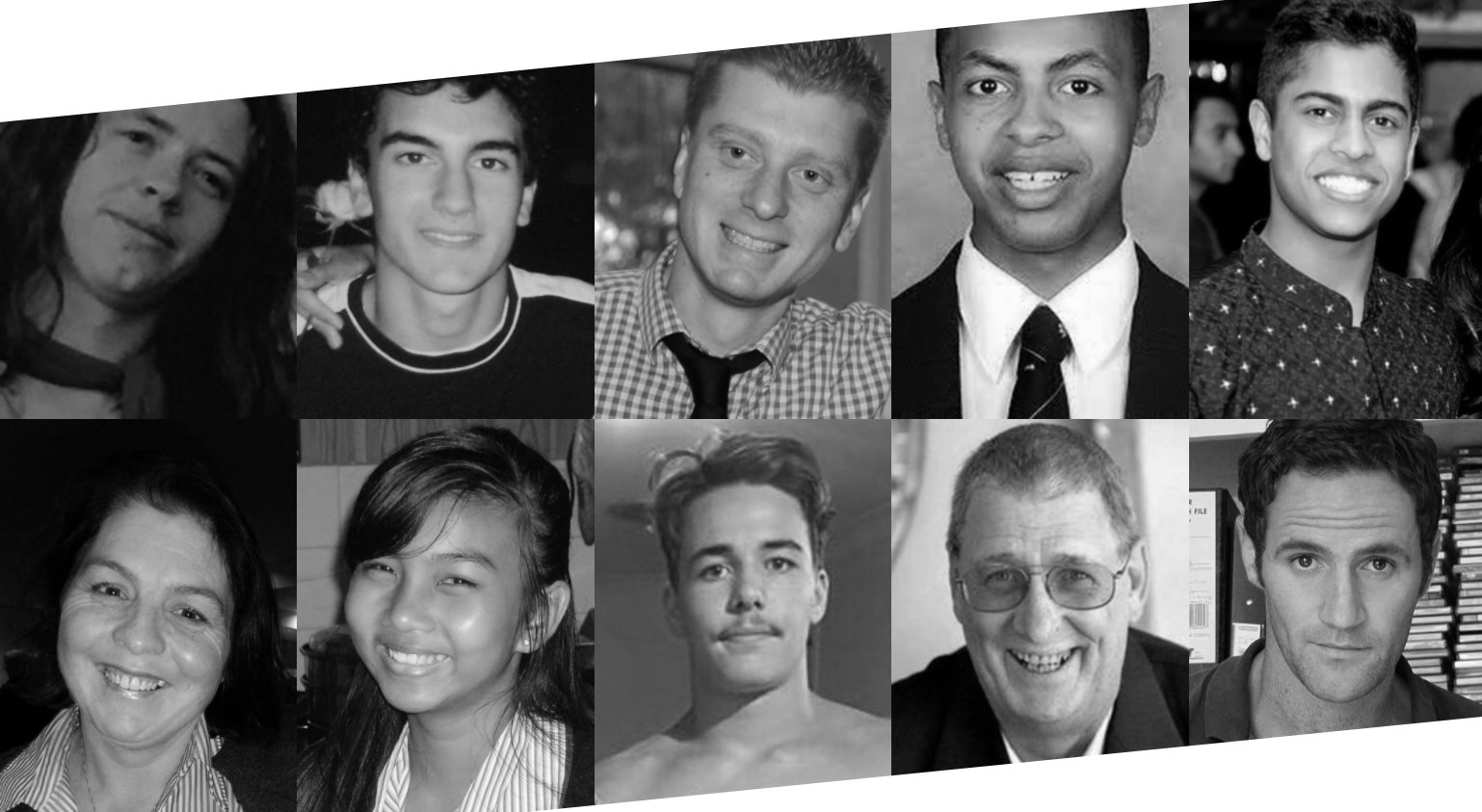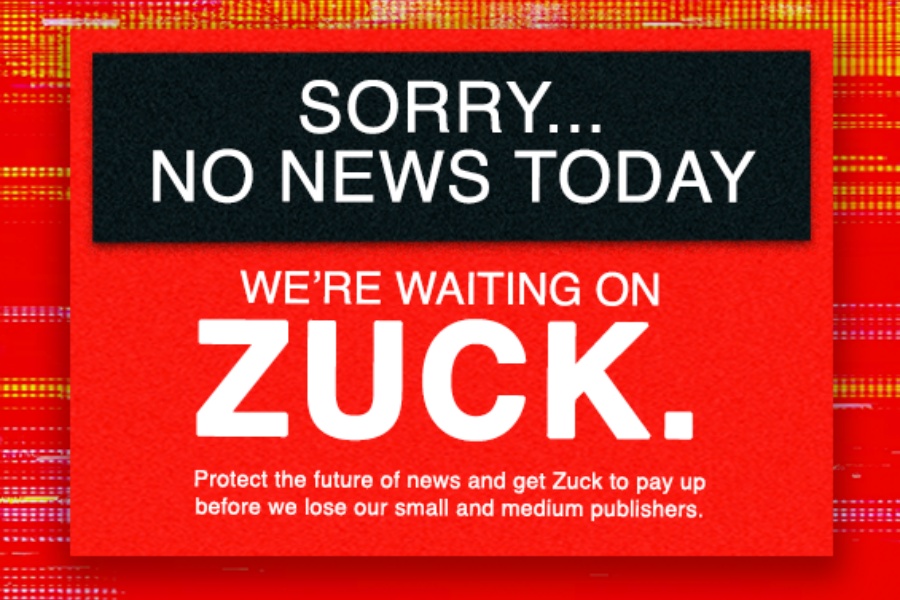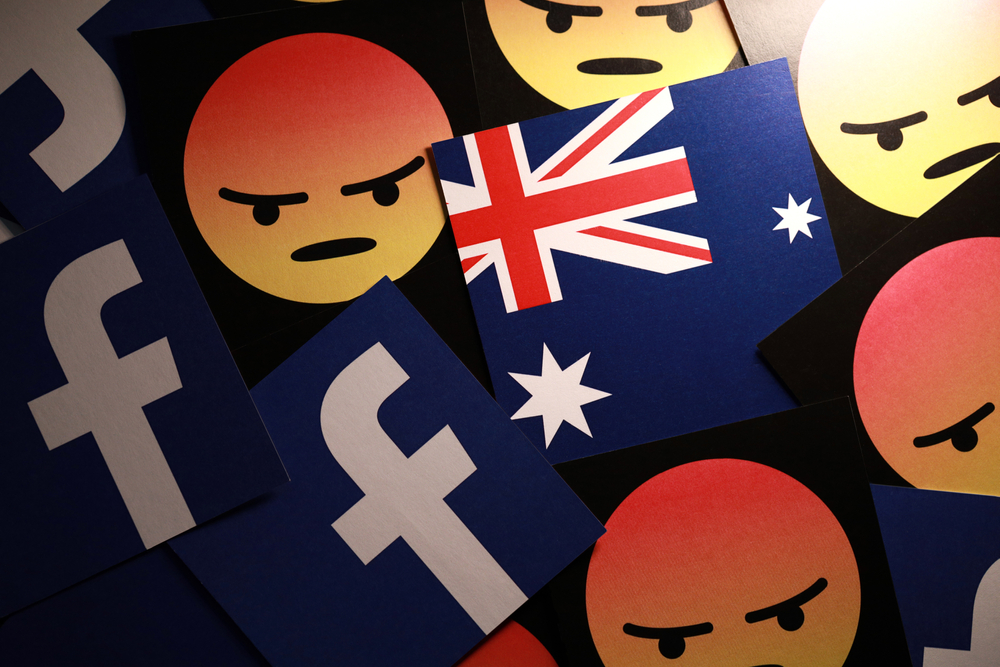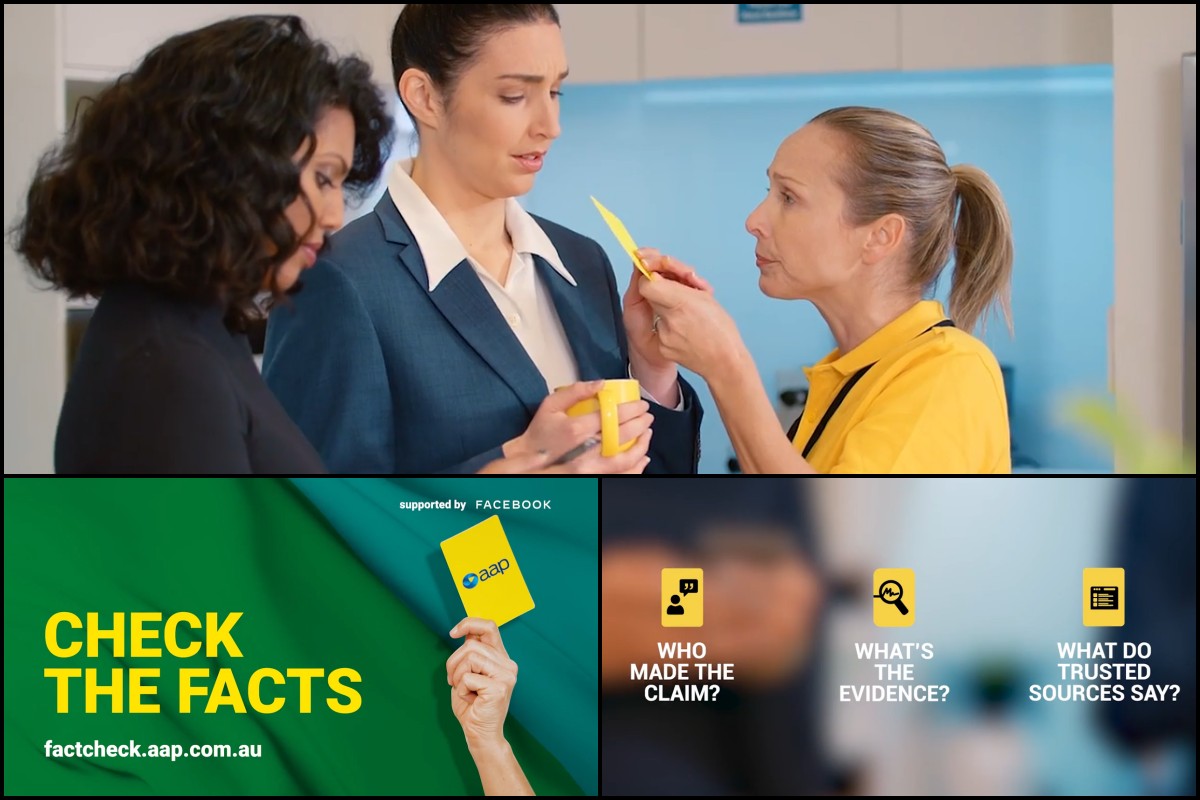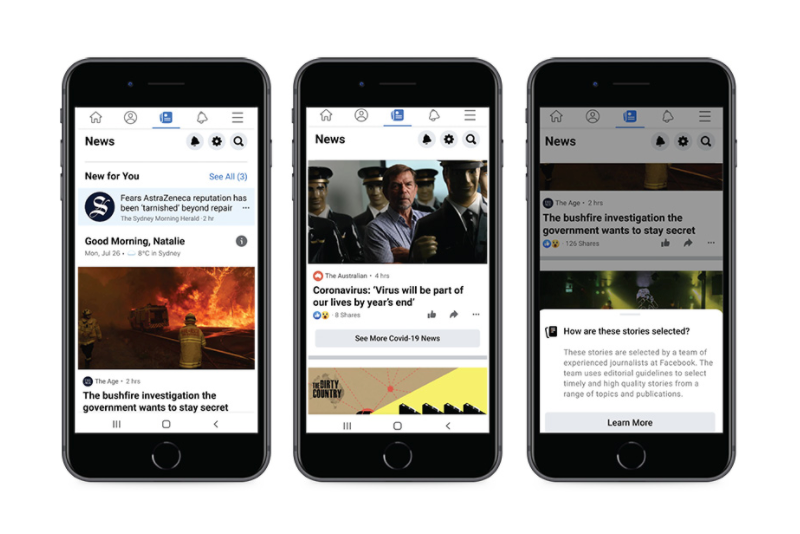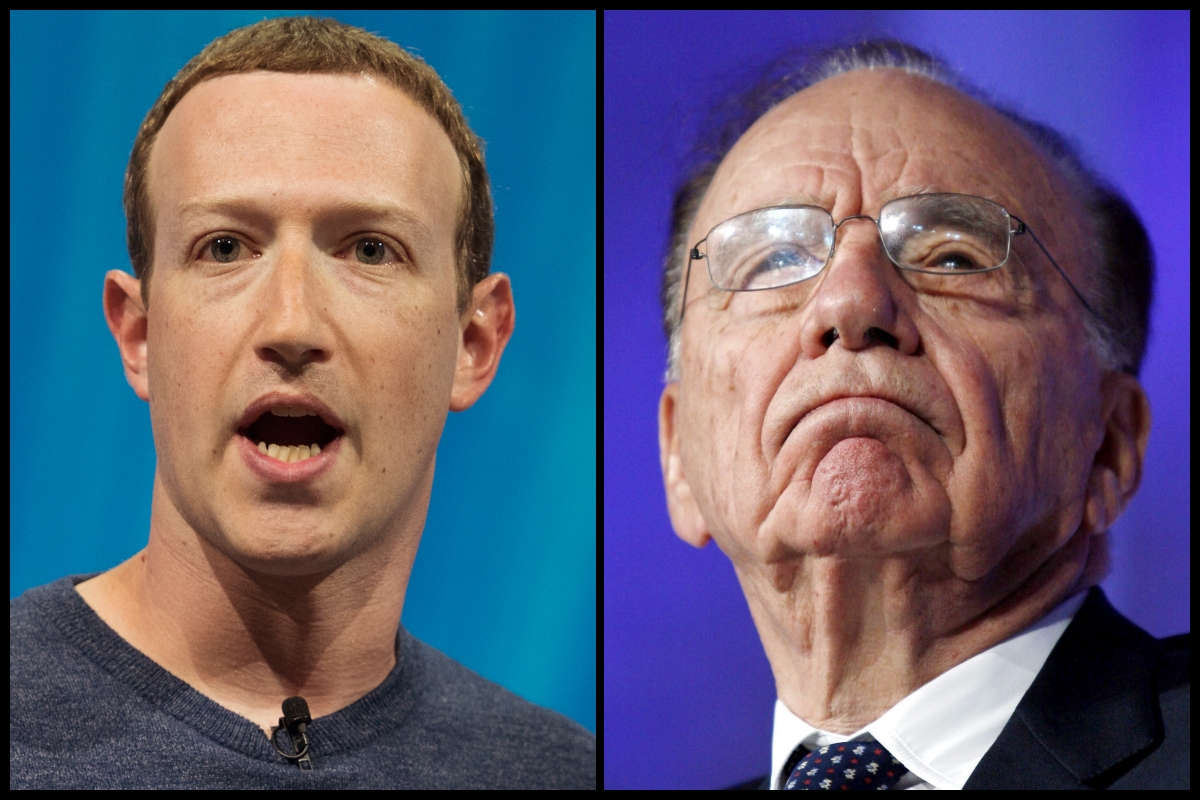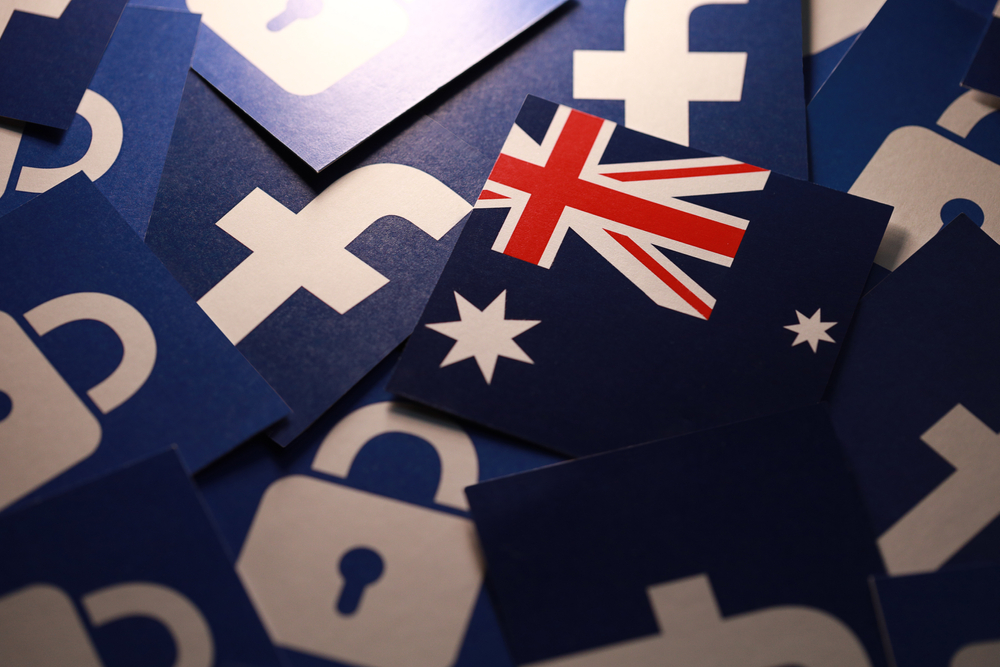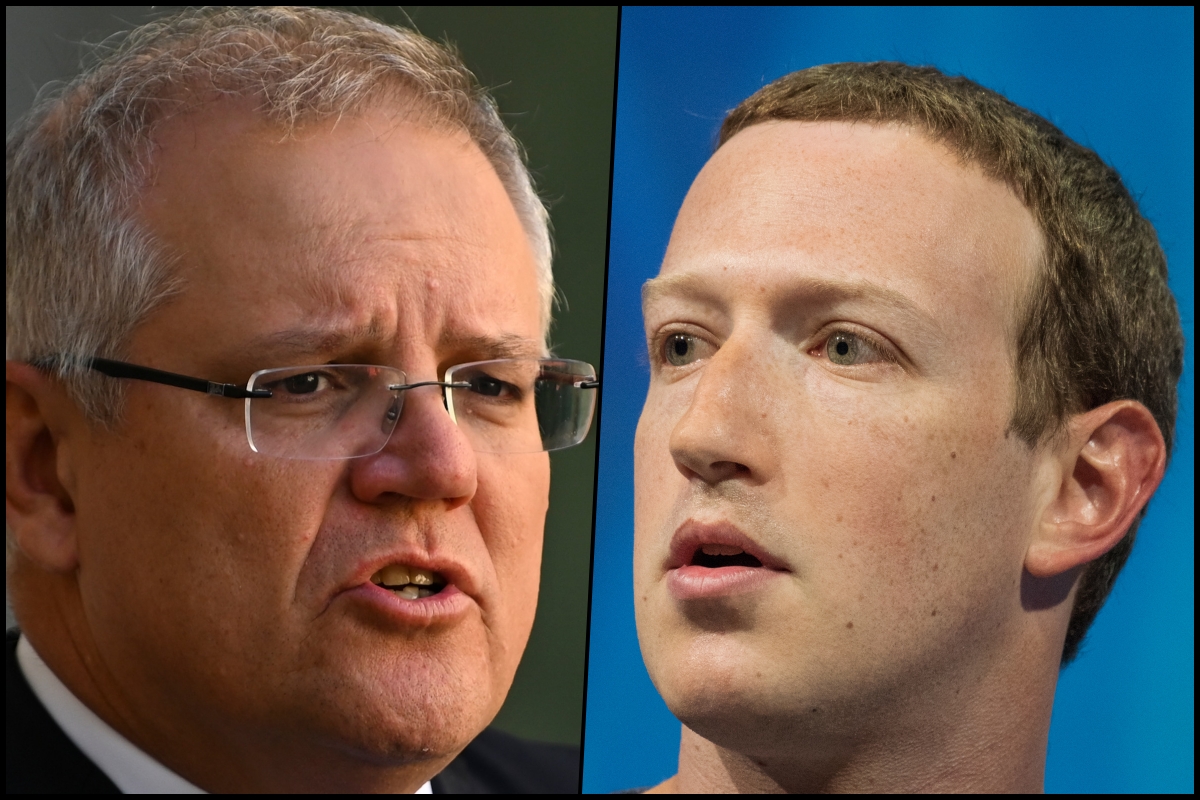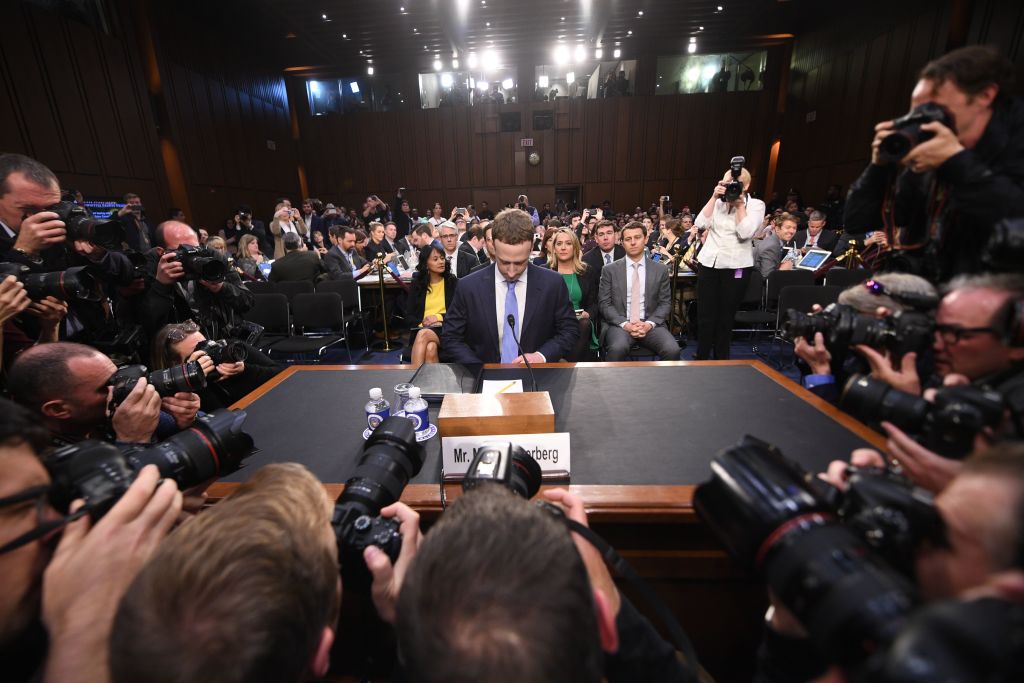A new campaign called 'Invisible Friends' aims to use Facebook's facial recognition software to help locate missing people.
Facebook's tool, which was recently updated to notify users of photos they might be tagged in but didn't know about, claims it can identify faces with an accuracy rate of 98%. Compare this to the facial recognition database used by the FBI, which uses an algorithm thought to be incorrect around 15% of the time.
The charity behind the campaign, which was developed by WhiteGrey Australia, is the Missing Persons Advocacy Network (MPAN). It has created Facebook profiles for 10 people who disappeared between 1991 and 2016 and is encouraging as many people as possible to add them as 'friends', in the hope that their faces may one day be identified in the background of an uploaded Facebook post or video. If each 'invisible friend', as the profiles for the missing people are called, accumulates 5,000 friends, who each have an average of 300 friends themselves, then the search could potentially extend across the profiles of 1.5 million people, says the charity.
In the event of a match, the administrators of the missing person's profile (which could be family or friends) will receive a notification.
The campaign was started by the Australian charity but will run worldwide to have the greatest chances of success. One of the 10 missing person profiles belongs to an English man, Christian Velten, who was last seen in West Africa in 2003. Another is for Sevak Simonian, who left his home in Belrose, Sydney, to go bushwalking in 2014 and hasn't been seen since. A third profile belongs to Bung Siriboon, a 13-year-old schoolgirl originally from Thailand, who went missing on her way to school in Melbourne in 2011.
While founded in good faith to help find these missing people, the campaign does take into account the rights of individuals not to be 'found' in this way. The only profiles created are those for whom an active police report exists and strict criteria are met, says the charity.
100 people go missing every day in Australia and some 2,000 people are thought of as 'long-term missing persons', meaning they haven't been seen by loved ones for over three months.
“Invisible Friends is an ingenious way to put artificial intelligence to work for a good cause and carry out a task humans simply aren’t capable of," said Loren O’Keeffe, who founded MPAN after her younger brother, Daniel, went missing in 2011. "By searching through billions of posts per week, we’re not only raising awareness for the devastated families of these missing people, but also hope to put an end to their ambiguous loss, the most stressful type of grief.”
CREDITS
Executive Creative Director – Anthony Moss
Writer – Nic Molyneux
Art Director – Benjamin Mann
Digital Producer – Matt Knight, Michelle McGrath, Alex Botterill
Digital Designer – Lauren Bowen
Developer – Yohan Mocho, Mathieu Mence
Editor – Leigh Cooke
Managing Director – Claudia McInerney
Account Director – Amy Ross
Account Manager – Holly Ryan, Harriet Lade

